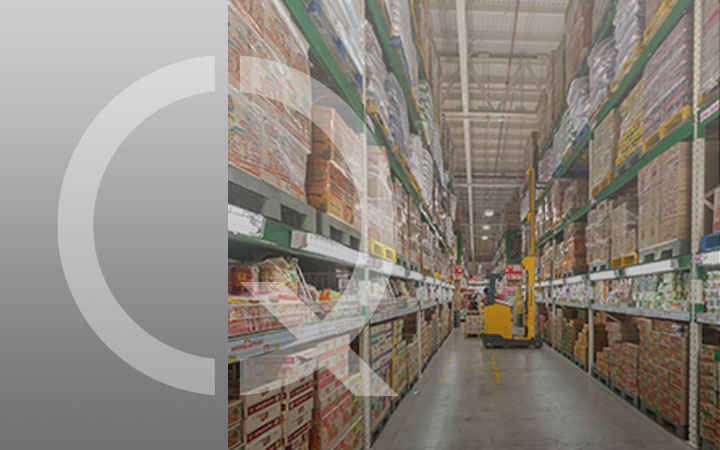
WHAT IS THAT
The IFS Wholesale and Cash & Carry Standard was created with the aim of providing a homogeneous system for assessing product handling and management activities carried out in Cash & Carry type points of sale and at wholesalers .These realities handle both pre-packaged products and bulk products, which can also undergo certain manufacturing processes.
The IFS Wholesale and Cash & Carry standard is essentially based on the approach of IFS Food, with the addition of guidelines on how to handle specific and applicable requirements for Cash & Carry shops and wholesalers.
KEY POINTS
The standard specifically applies to cash & carry shops and wholesale traders who mainly handle packaged or bulk food products; the standard also covers product processing activities, if the quantities considered are limited.The standard reflects the setting of IFS Food, as it includes 5 chapters and 250 requirements, 10 of which have been defined as KO due to their relevance; however, some requirements have been adapted to the peculiarities of cash & carry points of sale and wholesalers.
Certification can be achieved individually for each company site, or with a multi-site approach.”
ADVANTAGES
- The main advantage of adopting this standard consists in the possibility of combining in a single audit the verification of both the food safety aspects taken from IFS Food and the specific characteristics that distinguish cash & carry points of sale and wholesalers.
- It is also an excellent tool for expanding the range of its customers: IIFS Wholesale and Cash & Carry was in fact developed with the support of the main European retailers; the international recognition of this standard, therefore, allows us to respond to the needs of customers from all over Europe.
- For companies that already apply a quality management system according to ISO 9001 or use the HACCP methodology or are familiar with other standards of the IFS family, compliance with this standard will be very easy, with the possibility of exploiting the synergies and common elements between the different schemes. All this translates into a reduction in the time and costs required for the various inspections .
- Obtaining the certification allows companies considerable international visibility , thanks to the controlled publication of their audit report on the IFS portal: an IT platform that facilitates the exchange of information between suppliers and retailers and promotes commercial contacts.
- Furthermore, certification can help reduce second-party inspections , i.e. those carried out on behalf of customers on the supplier company, with a consequent reduction in costs to be incurred.